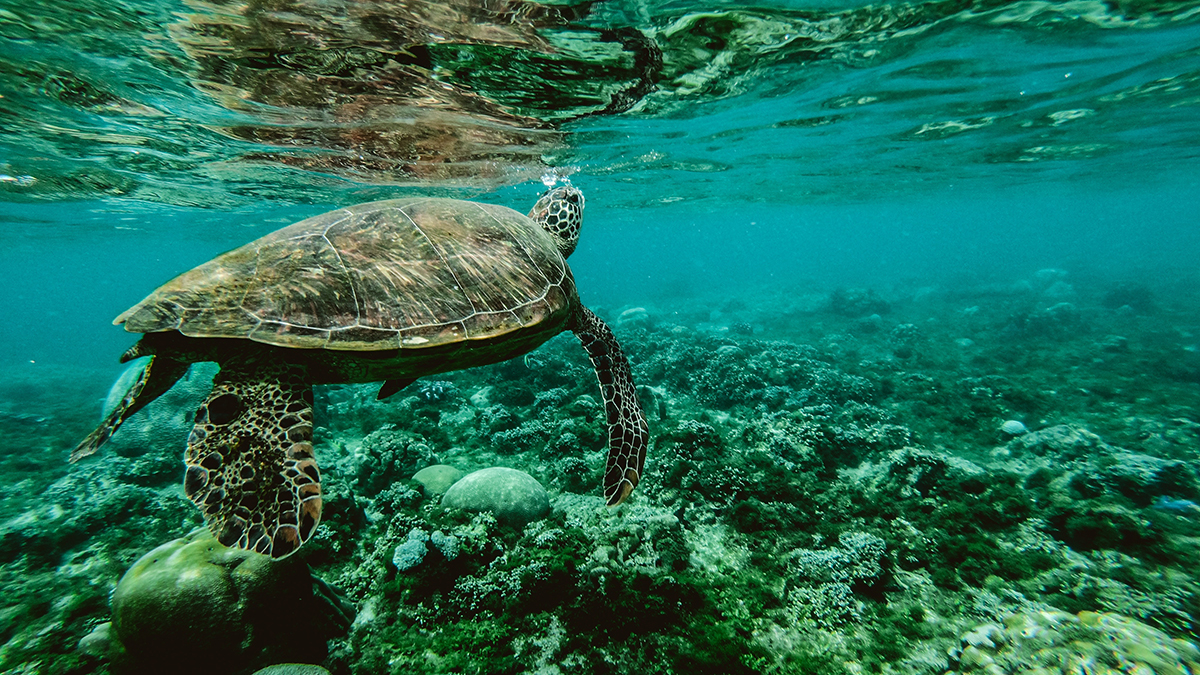It’s notable that geologists and meteorologists tend to be rather more openly skeptical of climate alarmism than many of their colleagues. Meteorologists are used to being held to account for their predictions, while geologists are used to evaluating the Earth’s environments in deep time. Geologists tend to take the long view, and to also be well aware that the Earth has seen many dramatic changes in its history.
At the Sydney Writers Festival in 2012, veteran journalist Alex Mitchell scoffed at the bright young things of modern journalism who almost never leave their desks to pursue stories. What does that have to do with climate change? Like their journalistic colleagues, fieldwork and gathering empirical data too often seem to be deprecated by many scientists, in favour of computer modelling. At the same time, researchers in some fields seem to take a foolishly short-term view of change.
But they do have a very good idea of how to skew their research for maximum funding.
Today, we have a whole generation of researchers whose entire experience of the [Great Barrier Reef (GBR)] has been in the context of finding, investigating and promoting environmental “threats” and they tend to perceive every fluctuation of nature as evidence of them.
The GBR is over at least half a million years old. Which means that it has so far survived far more extreme climatic variations that the less than one degree rise experienced over the last century, not to mention sea levels which have risen hundreds of metres. The idea that the Reef is about to suddenly keel over and die now is a historic nonsense.
Reefs are highly dynamic and variable communities […]The most easily accessible coastal reefs are especially subject to natural extremes of temperature, floods and storms that result in extensive coral mortality. The huge geographic area of the GBR means that damaged areas can always be found somewhere. For those with limited direct experience of reefs and primed by belief in a litany of hypothetical threats, every fluctuation of nature provides evidence that appears to confirm their hypotheses.
I’m old enough to remember when the Crown of Thorns starfish was on the verge of destroying the reef. The Crown of Thorns has vanished from popular imagination today, replaced by climate change – a “threat” based on little more than computer models.
Another factor in the growing detachment of environmental science from empirical reality has been the rise of computer modelling. This can be done comfortably in office hours, presents an aura of advanced expertise and certainty, can be “adjusted” to give desired results, and is inaccessible to independent examination.
Although computer modelling can be a powerful tool for analysis and prediction, this is true only where good input data are available, dynamics are well understood, and models are mathematically verified and empirically validated. None of this is true of environment modelling and the results are only the modeller’s opinion of a possibility.
In regard to GBR water quality and runoff, the following, from a 2006 study by Professor Robert Carter, remains true: “the claim of human-related nutrient enrichment in the Tully River, and regionally, is without substance […]”
There is no actual evidence of decline in water quality and no reason to expect any. In fact, the opposite is true. The use of fertiliser and agrichemicals in the GBR catchment has decreased over recent decades. Traces of pesticides at their highest are well below any levels known to be harmful. Nutrient runoff to the reef is orders of magnitude less than natural fluctuations caused by internal waves from the open ocean and that are considered to be beneficial[…]
In any event, the corals on nearshore reefs are species adapted to turbid conditions and their frequent mortality from runoff is entirely due to fresh water, not to sediment, nutrients or agrichemicals.
http://newsweekly.com.au
Lack of evidence is no barrier however, to an activist with an ideological (not to mention government grant-fuelled financial) axe to grind. With a tweak of a computer model, the Reef is suddenly at death’s door, evidence be damned.
This is classic case of what Richard Feynman derided as “Cargo Cult Science”: “science that isn’t science”. As Feynman said, if scientific research is being skewed to the demands of politicians or activists, “you’re not giving scientific advice. You’re being used”.
In this case, it’s the Australian taxpayers who are being had, who are being bilked to fund tendentious, sloppy research. Not to mention the farmers, manufacturers and tourist operators who are labouring under an ever-increasing burden of environmental red tape.

